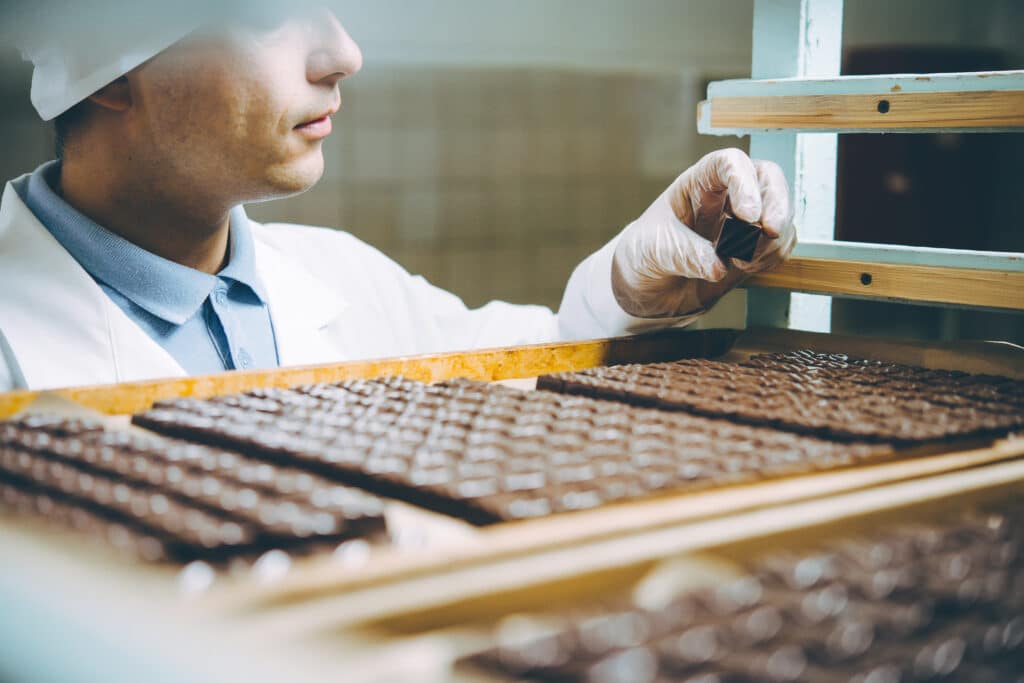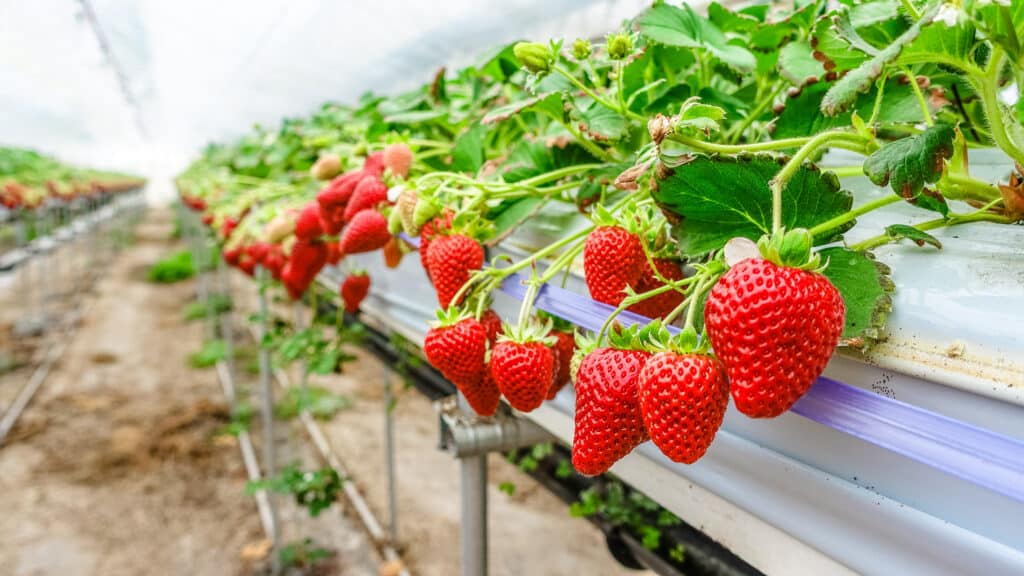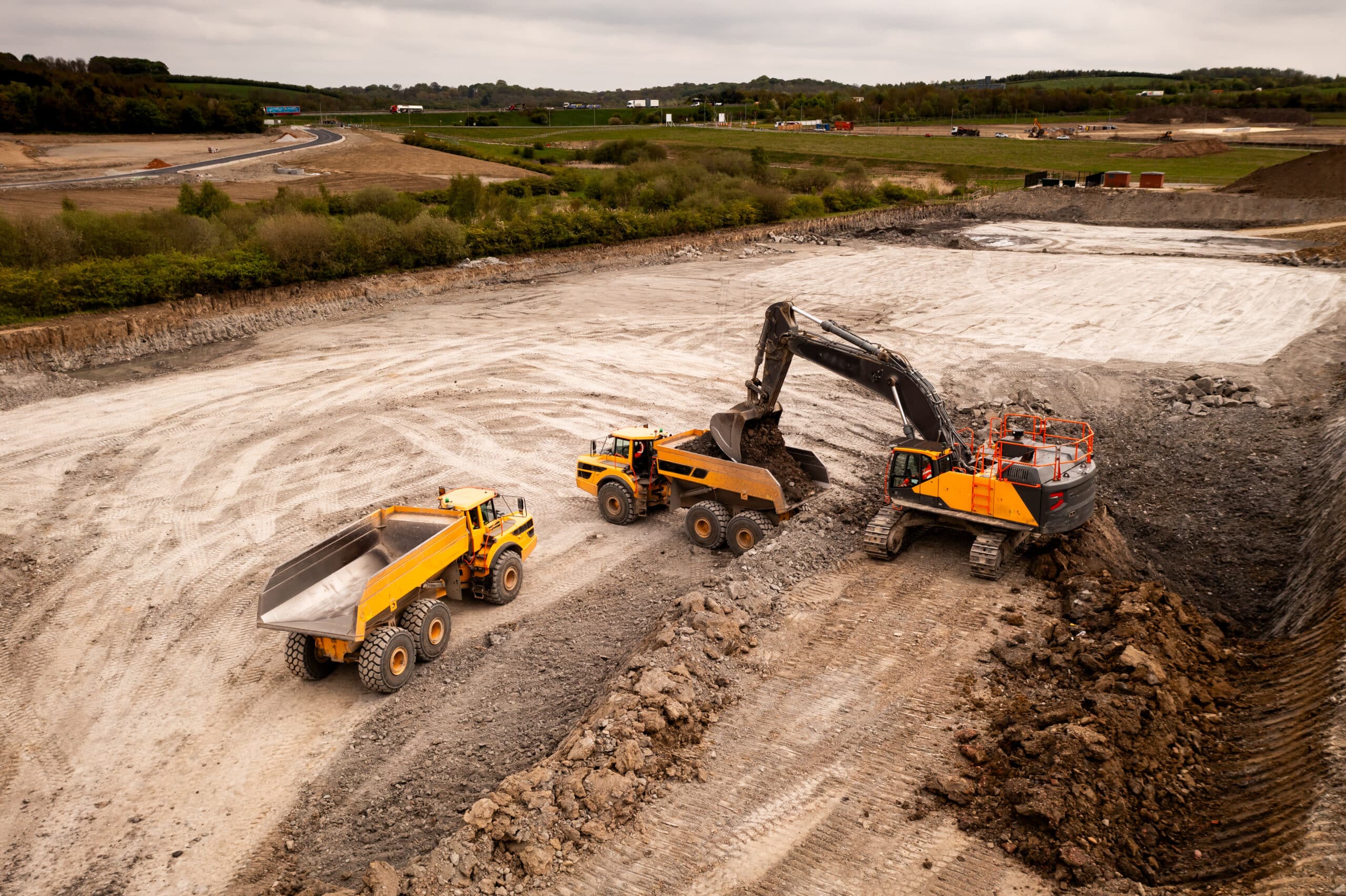Global food prices are back in the news due to a range of factors including rising oil prices, the Covid-19 pandemic and the war in Ukraine. Despite rising prices, a lot of food is still wasted, resulting not only in a significant economic cost but an environmental one too. In this article, we consider what is the scale of this problem and how can technology help?
Overview of the food waste problem
According to the FAO, around 1/3rd of food produced in the world is wasted. Food loss often occurs even before reaching the consumer. Food is misplaced or thrown away in the supply chain because of pre-harvest complications or during packing, transport or storage. For example, delicate fresh fruits such as strawberries can be easily damaged during transportation due to poor packaging.
In North America alone 170 million tonnes of food produced for human consumption is lost and wasted each year across the food supply chain, including in pre-harvest and consumer sectors. The annual environmental and socio-economic impacts of food waste in North America are equivalent to 193 million tonnes of greenhouse gas (GHG) emissions of carbon dioxide equivalent (CO2e) for the lifecycle of landfilled food waste. An estimated $US 278 billion in the market value of food is lost.
To combat food waste, the United Nations has set the target of halving global food waste by 2030. Technological solutions show great promise in supporting that goal.
Food waste and technology
Emerging technologies can help tackle food waste and can also save money for companies, presenting many investment opportunities. According to Chris Cochran, Executive Director of US non-profit organization ReFED:
In many ways, food waste is an emerging industry, just like recycling was in the 1980s, or renewable energy in the early 2000s.
Alongside investment in better storage and refrigeration, especially in developing countries, a range of new and emerging technologies can help cut food waste. These include new smartphone apps, nanotechnology and blockchain applications.
Smart Phone Apps
Dedicated smartphone apps offer the ability to re-allocate surplus food from supermarkets, restaurants, and homes to where it is needed. Founded in Denmark, Too Good to Go allows residents in many cities across Europe and North America to purchase extra food at reduced prices from shops and restaurants. According to the company, 53.1 million people in the world are already saving food through the App. The company to date has signed up 141,544 cafes, restaurants, supermarkets, bakeries and hotels.
Surplus food can also be donated to food banks where it can be used to help people facing food insecurity, and apps can also help with this. The OLIO app is available in over 100 countries and allows users to give away extra food for free to others who.
Nanotechnology
Nanotechnology is gaining more and more importance within food packaging technology. It can be used to help provide longer shelf-life products and safer packaging with improved food quality and traceability.
Polymer nanocomposites can enhance the physical properties of food packaging films to provide better protection and improve the shelf life of perishable products and reduce spoilage.
The use of metallic nanoparticles with antimicrobial or antioxidant properties could also be incorporated into packaging to enhance food safety and reduce spoilage. In addition, sensors based on nanoparticles can be used to develop smart packaging which can provide early warnings of food spoilage.
Blockchain
Blockchain technology can potentially enhance transparency and accountability on edible food waste saved. It can help with the conversion of inedible food waste by converting it to chemicals, animal feed, fertilisers and other products. Algorithms based on consumer and producer behaviour can be used to predict and pre-empt the harvest freshness from the field through processing and the supply chain. This can help to better match supply to demand and avoid mismatches which can lead to food wastage.
Larger companies tend to be in a better position to use data analysis to cut waste. Some multinational companies are already using AI (Artificial Intelligence) to improve efficiency in this regard.
Recycling
If waste cannot be reduced it can be recycled into other useful products, for example, many producers of insect-based animal feeds are looking to use waste as a feed source. Food waste can also be used to produce renewable energy using anaerobic digestion to produce biogas.
Cutting food waste is a responsibility that should be shared across the entire food chain. For example, major catering provider Sodexo launched WasteWatch – an automated programme that enables its staff to capture food waste data. Staff weigh all food waste and the data is then entered into a tablet that helps track waste by every type of food category. Reports are then generated providing data on the biggest opportunities to improve kitchen processes.
WasteWatch has been deployed to 3,000 sites worldwide. In the UK, Sodexo has deployed WasteWatch to over 200 sites and achieved an average food waste reduction of 42%. This is equivalent to over 280 tonnes of food waste prevented or 538,285 meals saved, equivalent to 2,041 tonnes CO2e (carbon dioxide equivalent) emissions prevented.
Food waste is a significant and under-appreciated environmental problem, however developments in IT, nanotechnology and the circular economy are providing more and more opportunities to help waste reduction and recycling, helping the food and farming sectors achieve SDG targets.
Farrelly Mitchell: Expert agtech consultants
Food loss and waste has emerged as a major industry challenge that must be addressed in order to improve global food security, food safety, and sustainability. At Farrelly Mitchell, we work across global food systems to deliver in-depth analysis and insights to clients in the food and agribusiness industry. In particular, we are active in providing agtech and digitalisation consulting services such as due diligence, feasibility studies, and market intelligence and insights to inform your next investment.
If you would like help uncovering uncertainties around your target investments and projects, talk to our team today.














